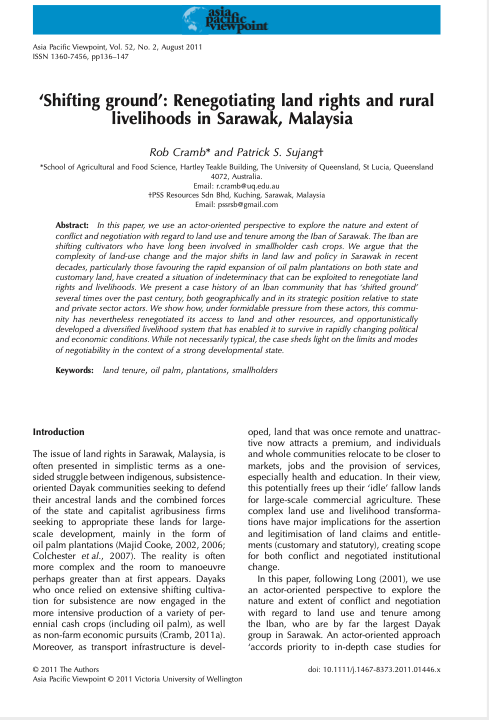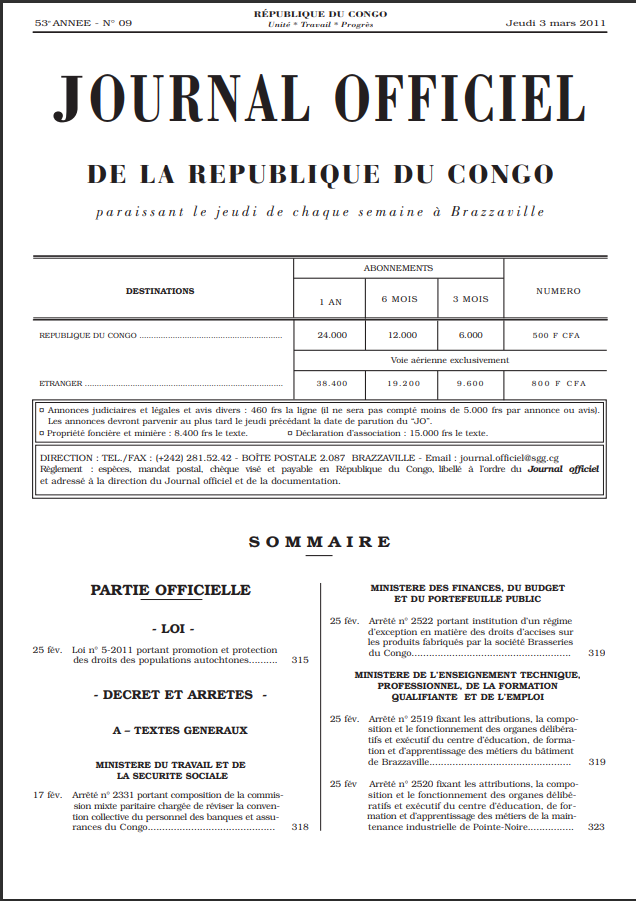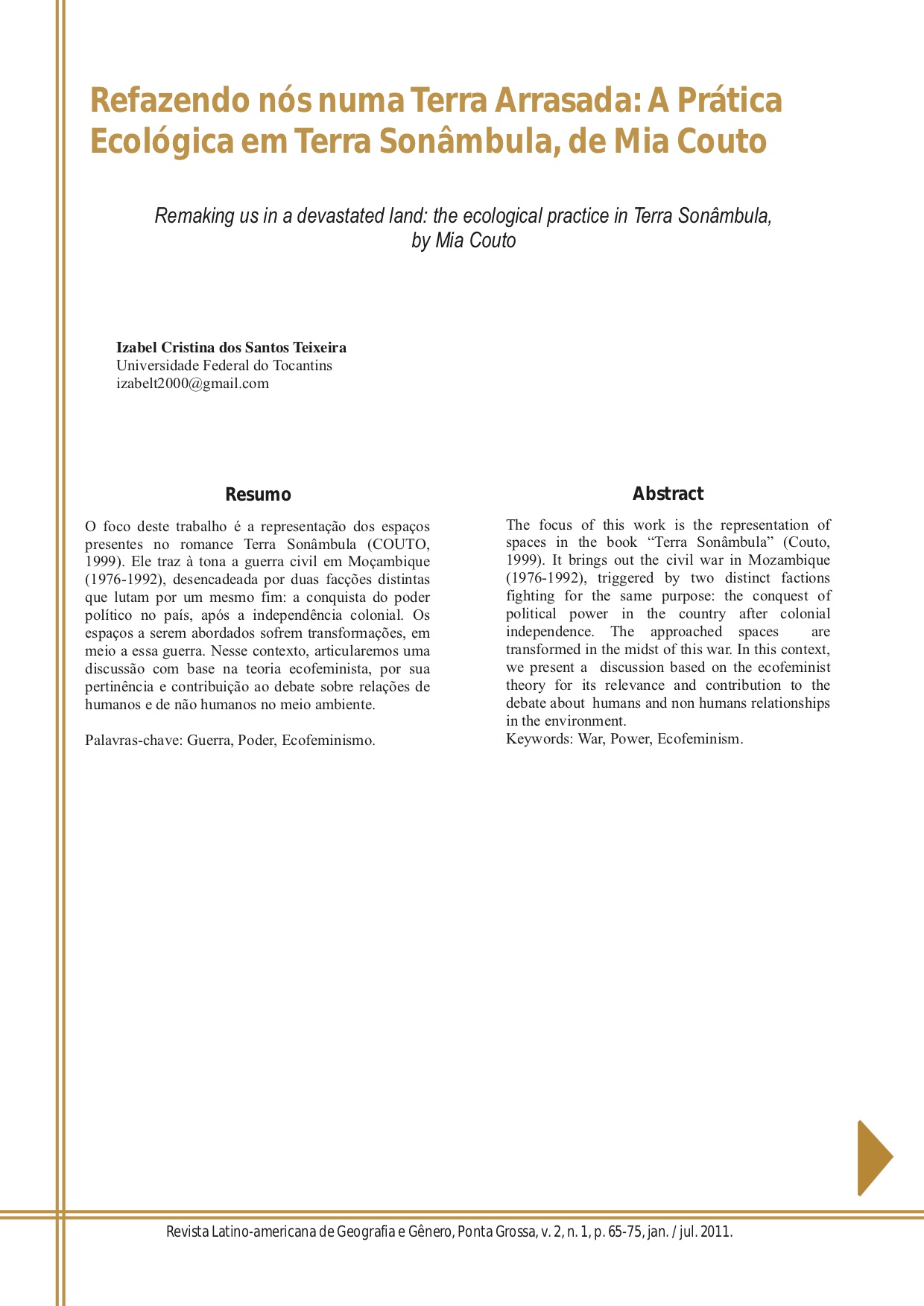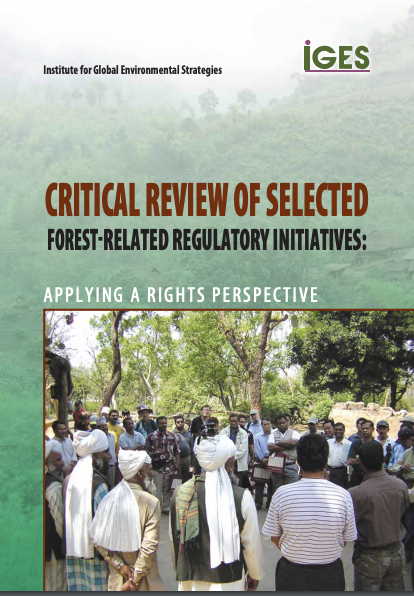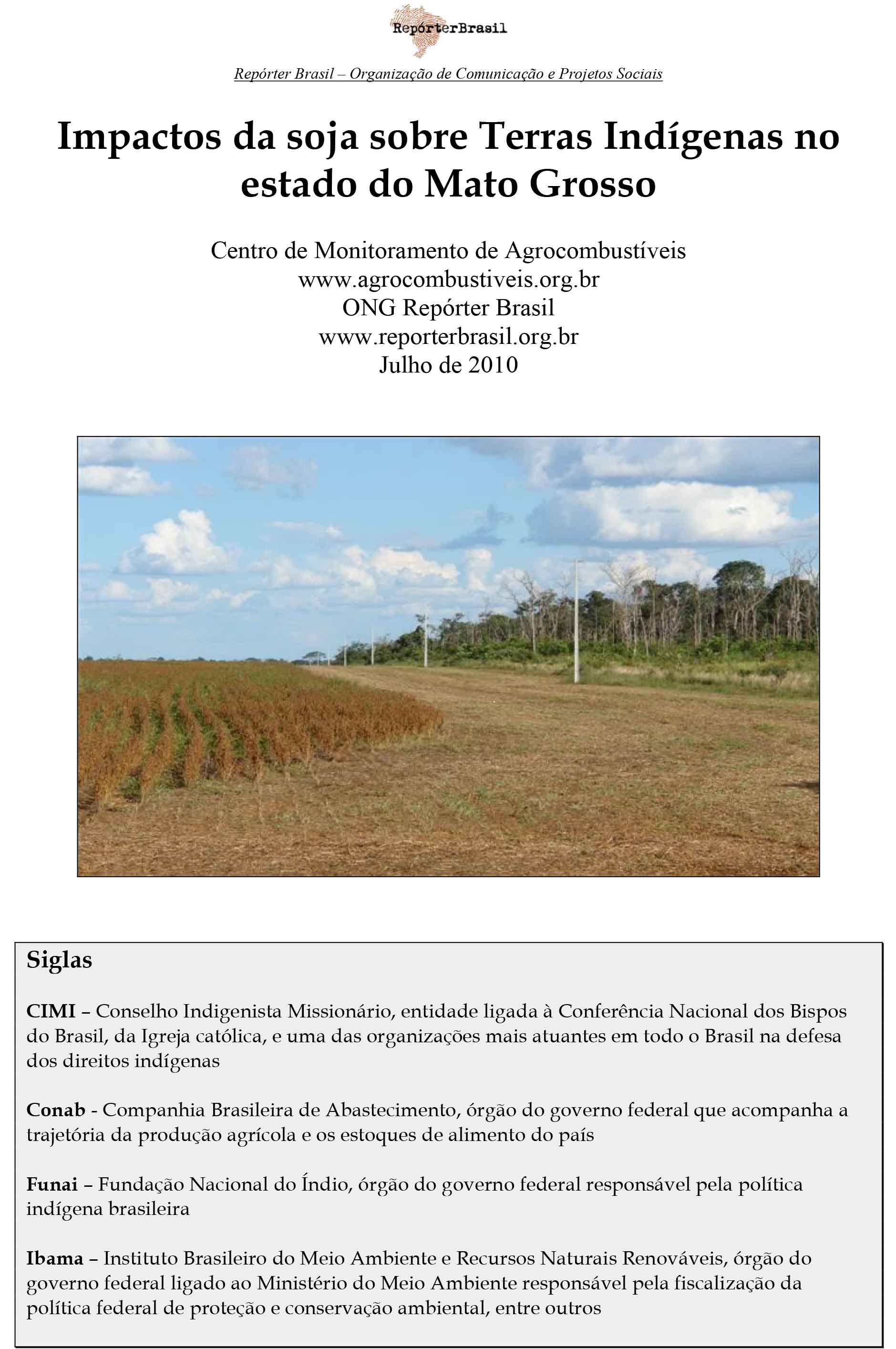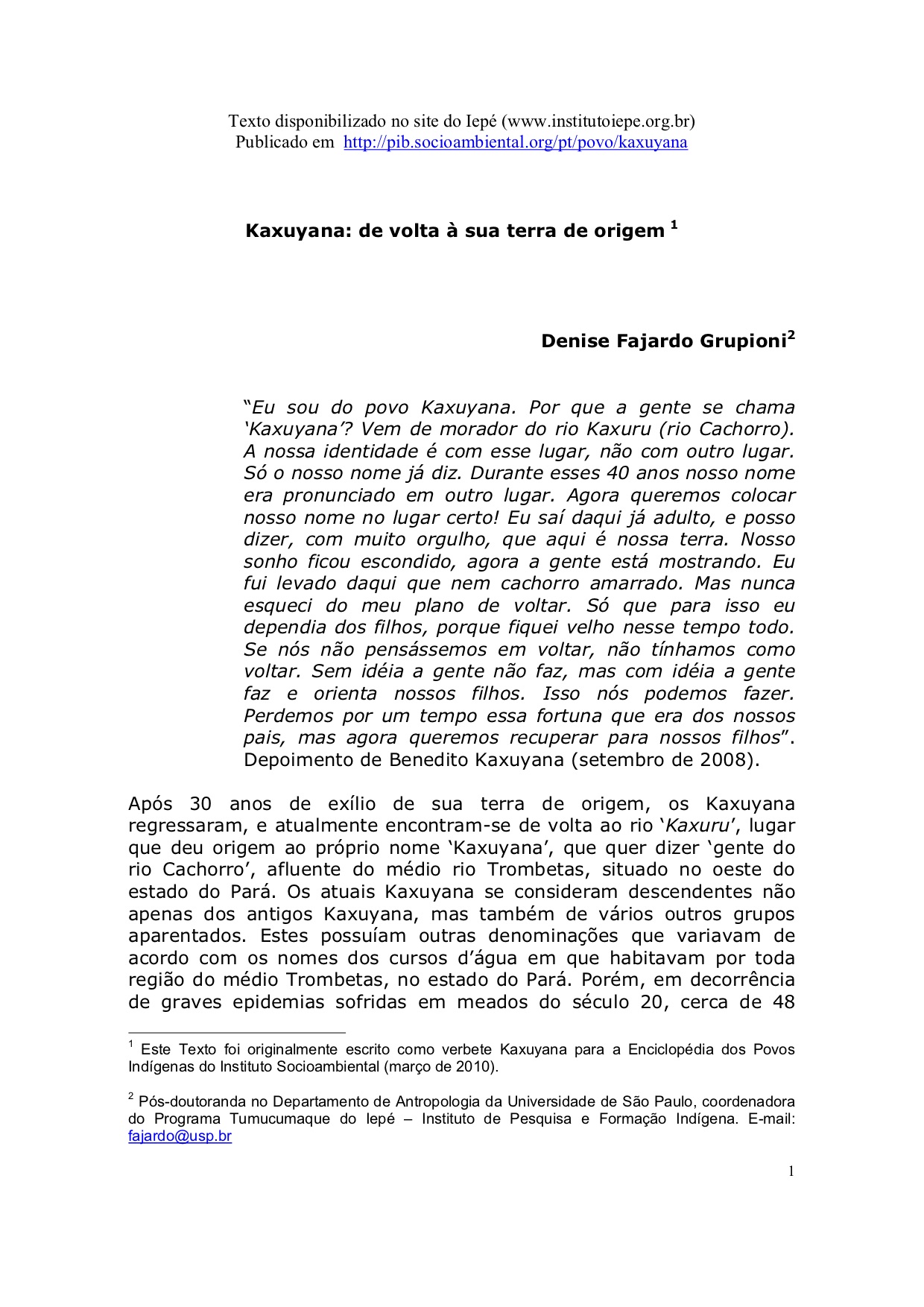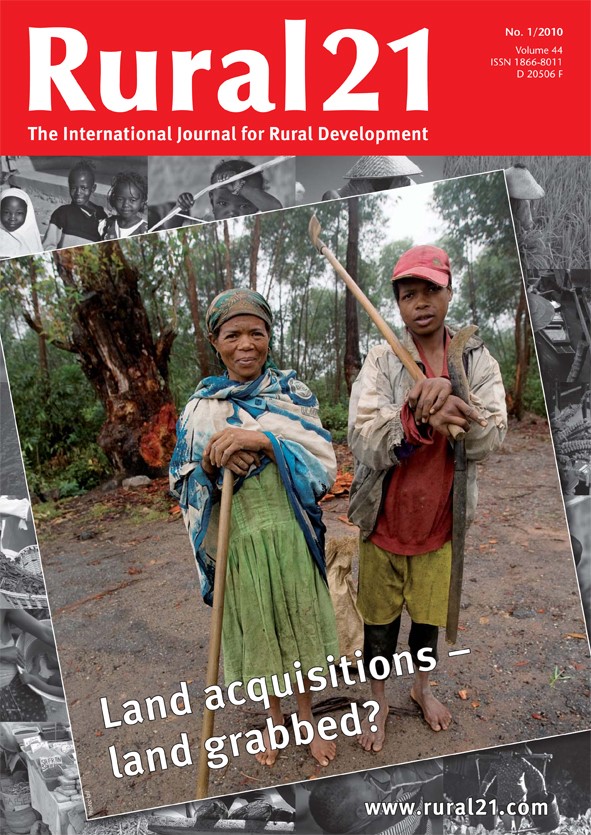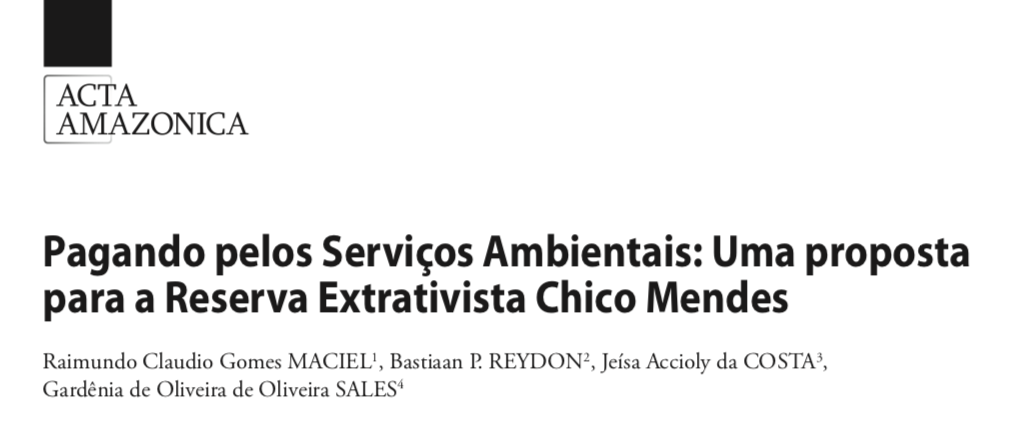Após 30 anos de exílio de sua terra de origem, os Kaxuyana regressaram, e atualmente encontram-se de volta ao rio ‘Kaxuru’, lugar que deu origem ao próprio nome ‘Kaxuyana’, que quer dizer ‘gente do rio Cachorro’, afluente do médio rio Trombetas, situado no oeste do estado do Pará. Os atuais Kaxuyana se consideram descendentes não apenas dos antigos Kaxuyana, mas também de vários outros grupos aparentados. Estes possuíam outras denominações que variavam de acordo com os nomes dos cursos d’água em que habitavam por toda região do médio Trombetas, no estado do Pará.

